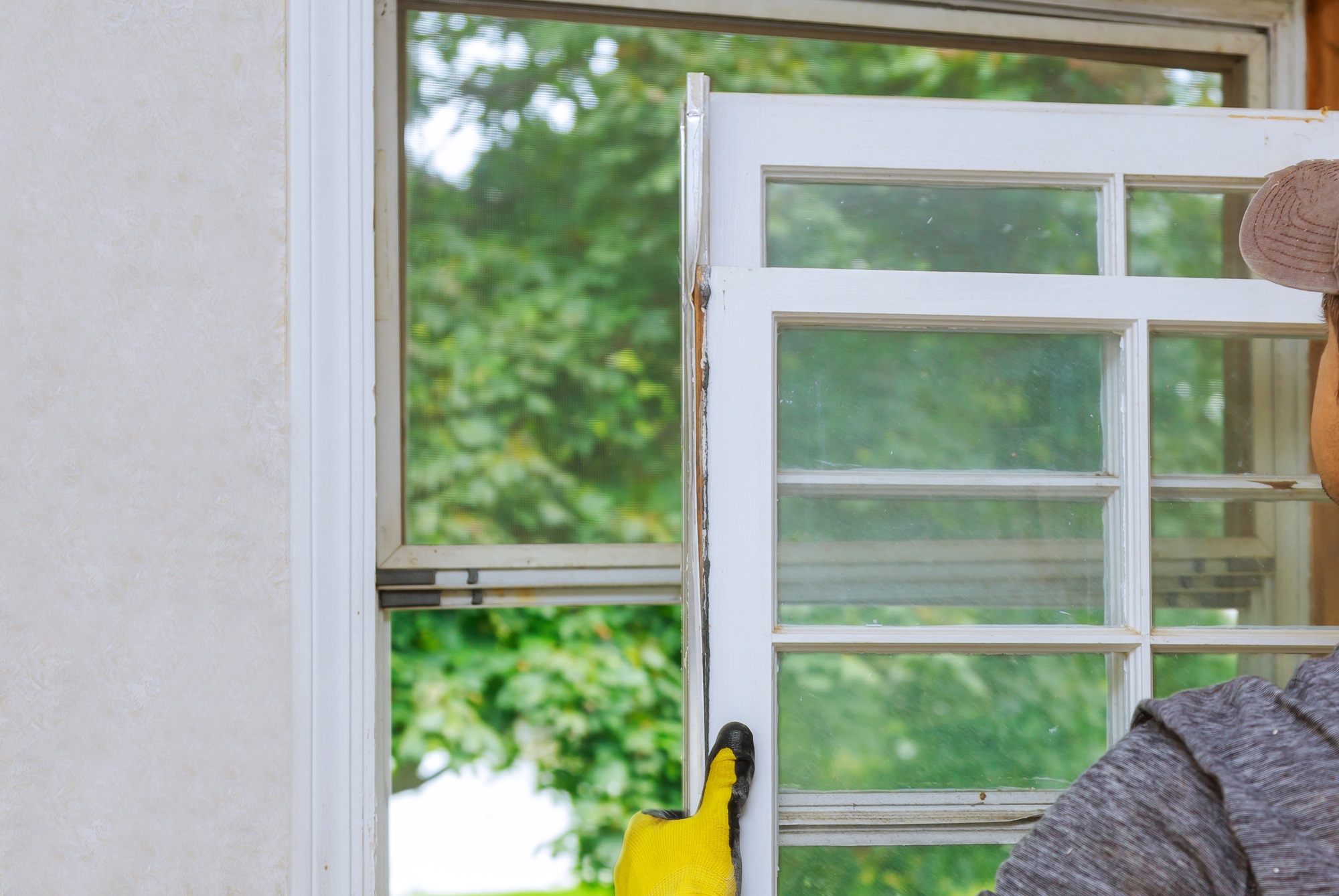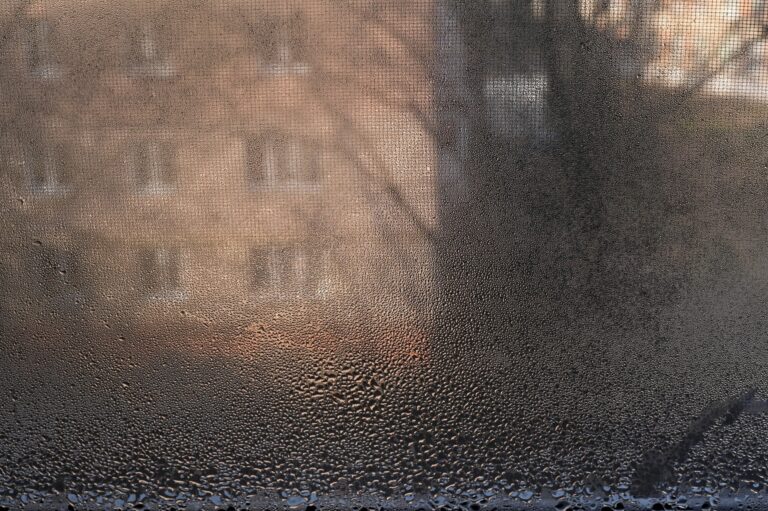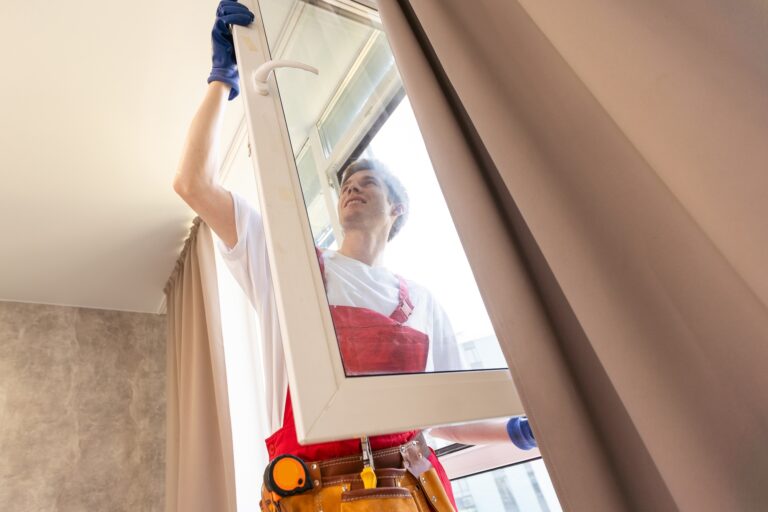What To Know Before Replacing Your Home Windows
Thinking about replacing your home windows? Learn key factors like cost, energy efficiency, and materials before making your decision.
Introduction
Replacing windows is one of those projects most homeowners face eventually, but it’s rarely straightforward. Between the cost, the materials, and the long-term impact on comfort, there’s a lot to weigh. Many people wait until windows are obviously failing, but by then you’re often paying higher bills and dealing with drafty rooms. Here’s what you need to know before making the investment.
Knowing When It’s Time
Windows don’t last forever. If they’re hard to open, foggy between panes, or letting in drafts, replacement is probably due. Even if they look okay, older single-pane windows can’t match the efficiency of newer double or triple-pane models. Think about how your home feels in winter—cold spots near windows usually mean the seals are gone.
Choosing Window Materials
Frame material plays a huge role in performance and price. Vinyl is affordable and low-maintenance, wood offers timeless beauty but needs care, and fiberglass provides strength and insulation with a higher upfront cost. There isn’t one right answer—it depends on budget, style, and how much upkeep you’re willing to do.
Glass Options Matter
Modern windows come with a menu of glass choices. Low-E coatings reflect heat without blocking light, while argon gas fills increase insulation. Tinted or tempered glass adds safety or privacy. Picking the right glass package can save money long-term, even if it bumps the upfront cost a little higher.
Window Style Options
Casement, double-hung, slider, bay—each style has pros and cons. Casements seal tightly, double-hungs are easier to clean, and sliders save space. Bay windows create a design feature that changes a room entirely. The key is balancing function with appearance. For example, in tight hallways, a casement might not work because of how far it swings open.
Understanding the style choices helps avoid regrets later. If you’re still learning about performance benefits, the section on window comfort upgrades shows how these styles affect daily living.
Cost And Installation
Sticker shock is common. Window prices vary widely depending on frame, glass, and size. On top of that, professional installation is critical. A high-performance window won’t do its job if it’s poorly installed. Look for certified installers who can back their work with warranties.
Energy Efficiency Considerations
One of the biggest reasons to replace windows is efficiency. ENERGY STAR®-rated windows reduce heat transfer, cutting your heating and cooling bills. Insulated frames and multiple panes make your home quieter, too. Choosing the right energy package is especially important in extreme climates where utility savings stack up quickly.
If you’ve noticed issues like fogging between panes, that’s a clear sign the old windows are costing you money. Once seals fail, you lose efficiency even if the glass looks fine at first glance.
Conclusion
Window replacement isn’t just a cosmetic choice—it’s an upgrade in comfort, efficiency, and peace of mind. Balancing material, style, and glass options ensures you pick windows that meet your needs for years to come. If you’re ready to start exploring what fits your home best, get your free quote today.
FAQs
How Long Do New Windows Last?
Most quality windows last 20–30 years with proper care, though climate plays a role in longevity.
Is It Cheaper To Replace All Windows At Once?
Usually yes. Buying in bulk lowers unit cost, and installation is more efficient when done in one project.
What’s The Average Cost Per Window?
It varies widely, but many homeowners pay between $400 and $1,000 per window including installation.
Do New Windows Really Increase Home Value?
Yes. Buyers notice upgraded windows, and the energy savings can be a strong selling point.
Can I Install Windows Myself?
It’s possible but risky. Poor installation leads to leaks, drafts, and voided warranties. Professionals are almost always worth the cost.



